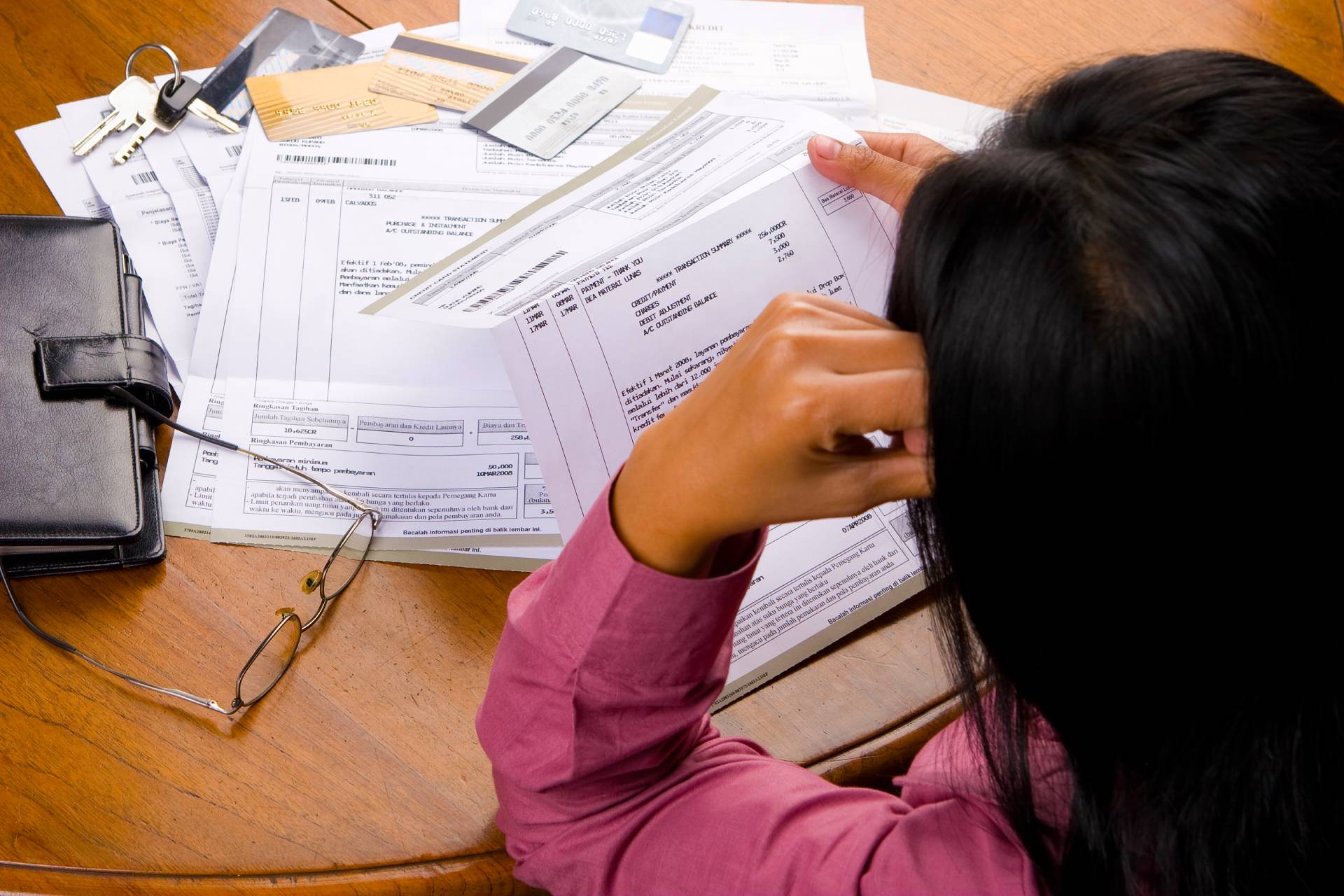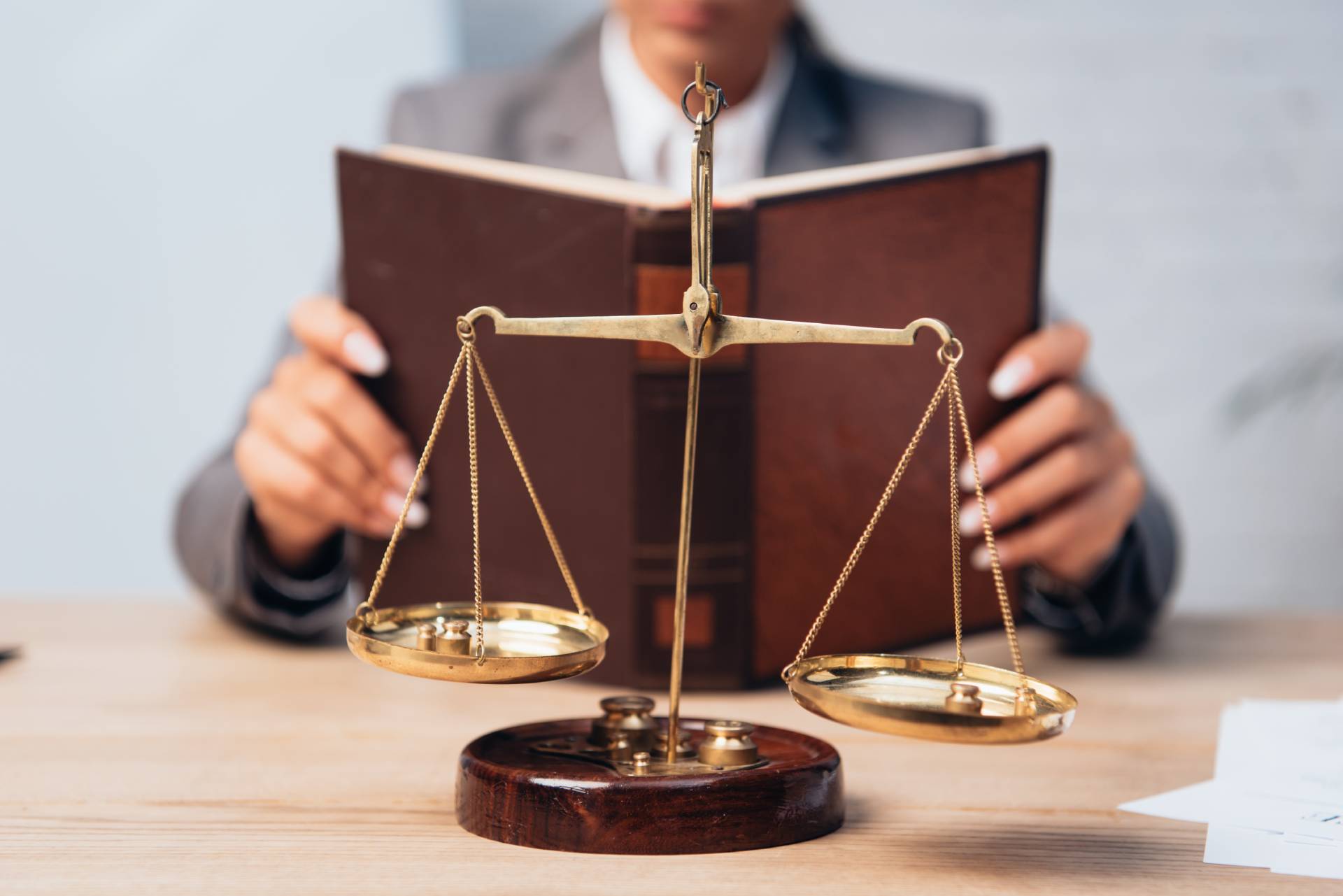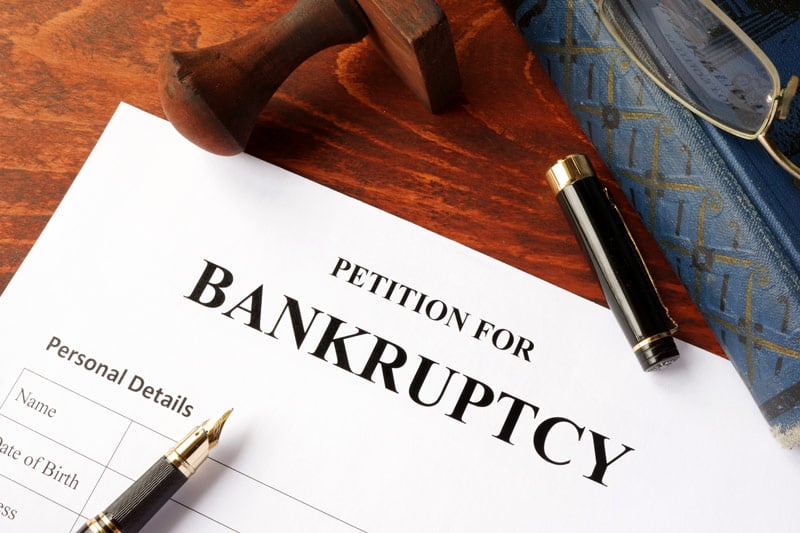Three Bankruptcy Alternatives: How to Avoid Filing for Bankruptcy in Michigan
If your financial circumstances this year have been adverse to you and your family, here is an article that can guide you through several alternatives to bankruptcy.
If you want to discuss your case details contact info for Babi Legal Group is on this website. With our contact information choose attorneys that are on your side no matter what.
Thinking about bankruptcy alternatives?
Before filing for bankruptcy, take a good read at these three alternatives to bankruptcy we offer and other sound advice, from debt consolidation loans, finding a good financial advisor, doing a repayment plan, and having excellent debt management.
In the United State of AmericaIndividuals are not incarcerated for failing to pay bills, meaning there are no debtor prisons,(for example, not being able to pay settling your mortgage is not a crime). Filing for bankruptcy or having a negative credit score is not the end of the world. Read on for more advice.
Alternative #1 – Debt consolidation plans
If you are thinking about settling debts before you go to bankruptcy court let the Babi Legal Group help you to avoid court judgment.
A debt consolidation strategy is an excellent option for individuals who are struggling with unmanageable bills.
Debt consolidation combines all of your creditors into one payment every month. To pay off all of your debts, you’ll need to take out one loan and use it to repay them all.
As one of the best bankruptcy alternatives, this is a process through which you combine several debts into one. The objective of debt consolidation is to obtain a lower rate on your existing loan than you currently have with your creditors.
You may frequently lower your monthly payment by lowering your interest rate. This should assist you in repaying the debt in full while having little influence on your credit history and rating.
How can I have one of these plans?
To know if this kind of debt relief is at hand for you (or if you have excessive debt or an unsecured debt), contact a bankruptcy attorney at Babi Legal Group. We are here to help you pay debts and get you back to a healthy personal financial situation.
A debt consolidation loan is a method for some consumers to get rid of the hassle of paying numerous creditors by taking out a loan that combines all of their obligations. This can be part of your debt management plan.
Alternative #2 – Loan Modification
If your financial issue is primarily due to the inability to pay your mortgage, then at Babi Legal Group we can help you save your home through a loan modification without having to file a bankruptcy petition.
Some of the benefits a loan modification can achieve for a homeowner include the lowering of your interest rate, the reduction of your ongoing, monthly mortgage payment, the deferment or forgiveness of missed mortgage payments resulting in the cancellation of a foreclosure sale and even a reduction in the total balance owed on your mortgage!
You may qualify for a loan modification if you have experienced a financial hardship such as a loss of income, divorce or medical issues, for example. Most lenders can and want to work with homeowners, even if they have poor credit and have a foreclosure date scheduled since they do not want your home. Even if your home is not in foreclosure yet or you are current with your mortgage payments, a loan modification is an option that all homeowners should explore. It is, however, often difficult to determine what kinds of options are available to you, whether you will qualify for a loan modification and whether there is a good chance of successfully obtaining a loan modification.
Alternative # 3 – Do a debt settlement
There are several ways to avoid bankruptcy. Debt settlement or debt negotiation is a very good alternative to bankruptcy. When you have a few significant bills, debt negotiation and settlement are frequently used.
With the Babi Legal Group on your side, we will be able to contact the creditor or the creditor’s attorney to negotiate a lump-sum payment or a discounted payment plan of your debt that you are delinquent or behind on.
The objective is to get a settlement for as little money as possible. Babi Legal Group attorneys have created several unique strategies to obtain the finest bargain feasible.
One of the most essential aspects of a debt settlement is having adequate cash on hand.
Creditors typically demand a lump sum payment within 30 days of a debt agreement being reached. As a result, it’s critical to be able to access the money before settling your bill.
In this way, your personal financial situation might be reestablished soon, and you will be able to save money as well. You will still have financial obligations. Call our office today so our attorneys evaluate your case.
Careful with scams on your credit record
Debt settlement, or debt negotiation, is a method of negotiating your debt that allows you to pay a reduced amount as full payment. However, there are several issues linked with debt settlement programs, including fraud and credit score harm.
Several firms that provide debt settlements are frauds. The FTC’s website offers details about the issues linked to debt settlement programs.
Bankruptcy attorneys in Babi Legal Group are strictly regulated by the State of Michigan, unlike debt settlement businesses, where there are no rules. Make sure your debt management program is handled by the correct person.
Expanding the Receivership Act in Michigan
A recent change was made in Michigan, which broadens the scope of receivership procedures, a liquidation alternative to bankruptcy. Previously, the receivership statute in Michigan only applied to commercial real estate receiverships.
The Department of Treasury and the Office of Financial Management have provided a solution that covers all operating companies in Michigan, as well as commercial and industrial loans without regard to real estate collateral.
More creditors will have the option of requesting the appointment of a receiver under the Receivership Act. The UCRERA was previously confined to foreclosures and the enforcement of a mortgage on commercial real estate, although it has been expanded in recent years.
The new law changes the term “mortgage” to “security agreement or lien,” which vastly expands a creditor’s power to seek and a court’s authority to appoint, a receiver. More creditors will be able to request the appointment of a receiver under the Receivership Act, which went into effect in July 2021.
In conclusion, the amendment broadens the definition of “receiver” under the Receivership Act in Michigan to include non-commercial real estate circumstances and provides for a more organized procedure for receiver appointment.
Your debt management plan
Even before you think of bankruptcy, every time you ask for a loan, borrow money or pay taxes, you should have a personal backup savings plan. You can begin by putting away only a small fraction of your total monthly income.
Here are some tips that can help:
- Find out about all interest rates before asking for a loan
- Look for a nonprofit credit counseling agency that can be your companion when asking for credit lines
- Never lend money
- Always look at your remaining debt when you are paying a loan so you see the money is being discounted
- Find ways to have a better credit score
- Try to buy a used car instead of opening any car loans
- Try a free evaluation that you find in any attorney listings to see how many secured and unsecured debts you have
- Transfer debt to credit cards that offer the lowest interest rate
- If you have equity in your house, you can use a home equity loan to pay unsecured creditors
How important is your credit report?
The term “bankruptcy” has a negative connotation, and it is not always used to describe individuals who are legally unable to pay their debts. For those who do choose to declare bankruptcy, it can have devastating effects on both their mental health and credit history.
The major advantage of enrolling in a debt management program is that it will not damage your credit rating further. The seven-year reporting period (which is up to ten years) for negative items in your credit report linked with past obligations applies to all bankruptcy filings.
Bankruptcy will not appear on your credit reports, however, it will be noted in the report that you joined a debt management program. You will of course need some credit counseling as well.
Advantages of not having to file bankruptcy with legal advice by your side
Not everyone who is bankrupt has to proceed with a bankruptcy filing. There are public assistance benefits many people do not know of, as well as debt loans and debt management plans that can save a family.
Looking for a bankruptcy alternative in a confidential attorney-client relationship can bring you numerous benefits in this legal process. An attorney can also be a credit counselor that is extremely careful with sensitive or confidential information like how much money you owe.



























